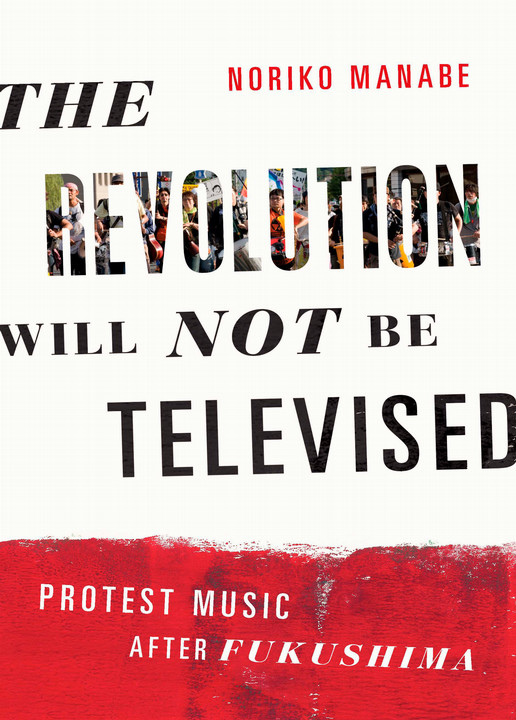Nuclear power has been a contentious issue in Japan since the 1950s, and the conflict grew in the aftermath of the Fukushima nuclear power plant disaster. This book shows how music played a central role in mobilizing resistance against nuclear power in Japan. Combining musical analysis with ethnographic participation, it considers how spaces central to the performance of protest music—cyberspace, demonstrations, festivals, and recordings—involve different levels of media censorship and social constraints, leading to different methods of political messaging and modes of participation. The mobile accessibility and potential anonymity of cyberspace allowed musicians to challenge the silence that permeated Japanese culture post-Fukushima. The performance and reception of sound in street demonstrations are shaped by the urban geographies and acoustics of Japanese cities. Music festivals offer a heterotopia that encourages musicians and audiences to engage in political expression through informative and immersive performances. Japanese record companies discourage direct political expression, pushing musicians to use allegories and metaphors. The first book on Japan's antinuclear music, The Revolution Will Not Be Televised provides a compelling new perspective on the role of music in political movements.


